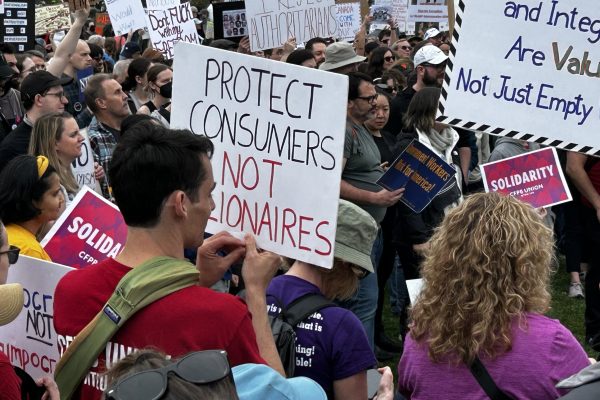Blog: Attack on Shareholder Rights is a Red Herring Concealing Power Grab by Asset Managers, Private Equity, and Oligarchs
The Business Roundtable’s most recent diatribe against a modest shareholder check on the power of corporate boards and executives came just in time for Tuesday’s House Financial Services Committee hearing on proxy advisors — firms that provide research and proxy voting recommendations to shareholders.









